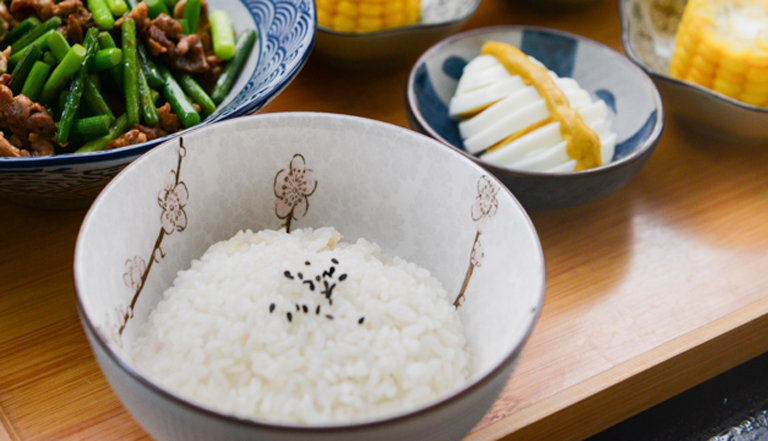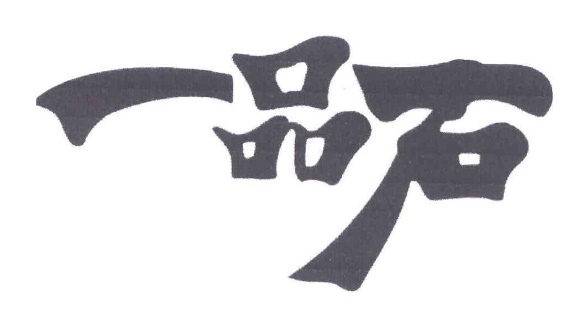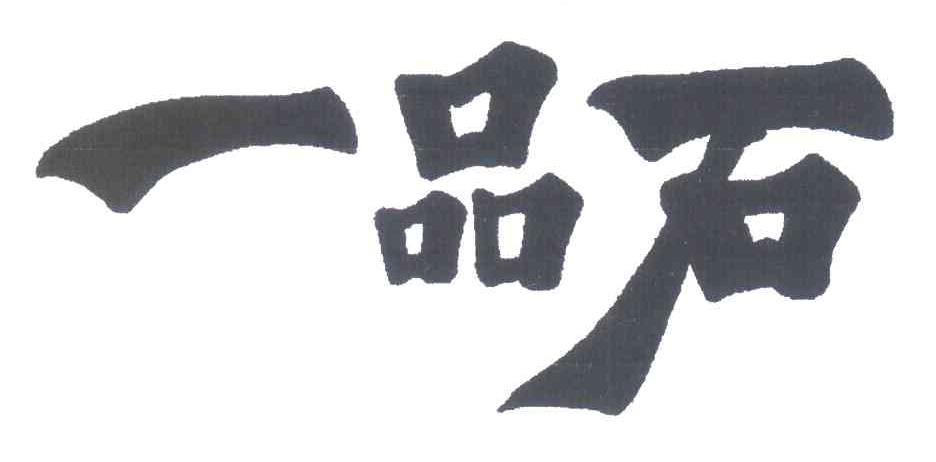Following a series of trademark infringement and copyright infringement cases involving Qingdao Fuku Electronics Co., Ltd. ("Fuku Company") and Zheng Jianhong, Zhanjiang Yipinshi Electrical appliance Co., Ltd. ("Yipinshi Company"), the Supreme People’s Court (“the SPC”) reversed the earlier rulings by finding (i) that Yipinshi Company’s behavior in its acquisition of its relevant trade mark registrations was unjustified, and (ii) that the subsequent infringement lawsuit it brought to try to enforce rights conferred by such registrations constituted an abuse of process and was unsupportable. It also ruled that Yipinshi Company had infringed the earlier copyright of Fuku Company.
Basic facts
Fuku Company Trademark Design

In June 2012, Fuku Company acquired copyright in the above design, which was originally created and published in Korea in 2006. The artwork is a calligraphic style based on the public domain calligraphic "Qiu Shi Style". The artwork was disclosed in China in April 2007 at the Canton Trade Fair along with its branded rice cookers and other products.
Trademarks by Zheng Jianhong
In July 2007 and April 2008, Zheng Jianhong, the legal representative of Yipinshi Company, applied to register the two trademarks identified above. They became registered for "electric pressure cooker (pressure cooker), etc." in Class 11. Zheng Jianhong authorized Yipinshi Company to use the trademarks.
Fuku Company challenged the registrations for non-use and also, separately, applied for their invalidation. These actions were unsuccessful.
In 2016, after the marks had been registered for more than 5 years, Zheng Jianhong and Yipinshi Company sued Fuku Company for trademark infringement. In response, Fuku Company countersued Zheng Jianhong and Yipinshi Company for copyright infringement. Decisions adverse to Fuku Company were handed down in all cases. Fuku Company then applied to the SPC for retrials. The SPC decided to allow the retrials and subsequently issued its own decisions reversing the earlier rulings.
Key points in the SPC judgments:
- Calligraphic works can constitute fine works of art protectable by copyright. The SPC held that the key determining factor was originality. A calligraphic work should not be denied protection as a work of fine art simply because it employs a font already in the public domain. It can still meet the requirements of originality for copyright protection so long as it is completed independently by the author and reflects the author's individual expression through selection, choice and arrangement.
- The fact that an allegedly copyright infringing logo had been registered for use as a trademark does not affect determination of copyright infringement. Even though the logo had been registered as a trademark for more than 5 years (the period within which it is vulnerable to normal invalidation), its use could still constitute infringement of prior copyright and the user should face the civil consequences and liability for infringement of copyright under the law. Whether the copyright owner has used the work as a trademark or not does not affect the protection conferred by copyright.
- Claims in which the legal basis for the rights involved is deficient should not be supported. The SPC held that Fuku Company enjoyed copyright protection for the design of its mark [1], which predated the trademarks of Zheng Jianhong. The logo used by Zheng Jianhong and Yipinshi Company was found to be substantially similar to this design and so infringed the copyright of Fuku Company. The registered trademark rights subsequently acquired by Zheng Jianhong involved an infringement of Fuku Company’s prior copyright. More egregiously, Zheng Jianhong and Yipinshi Company then attempted to use these registered trademark rights as the basis for a trademark infringement lawsuit against Fuku Company. This action constituted a violation of the principle of good faith and an abuse of process in that the claim lacked a legitimate legal basis. Thus, the SPC ruled against Zheng Jianhong and Yipinshi Company.
Brief comments
This case involves a malicious trademark infringement lawsuit brought against the genuine rights owner. It effectively pitted questionably acquired registered trademark rights against a genuinely held copyright. While the case was decided on its own particular facts, it does again demonstrate the willingness of the SPC to uphold the basic principles of honesty and integrity. In its judgment, the SPC explicitly referred to a Guidance Case No. 82 ["ELLASSAY Case", (2014) MTZ, No. 24, SPC] in which a trademark squatter’s behavior was found to have breached the principle of honesty such that its actions constituted an abuse of rights. The line of authority being developed by the SPC is an encouragement to all genuine rights holders.





